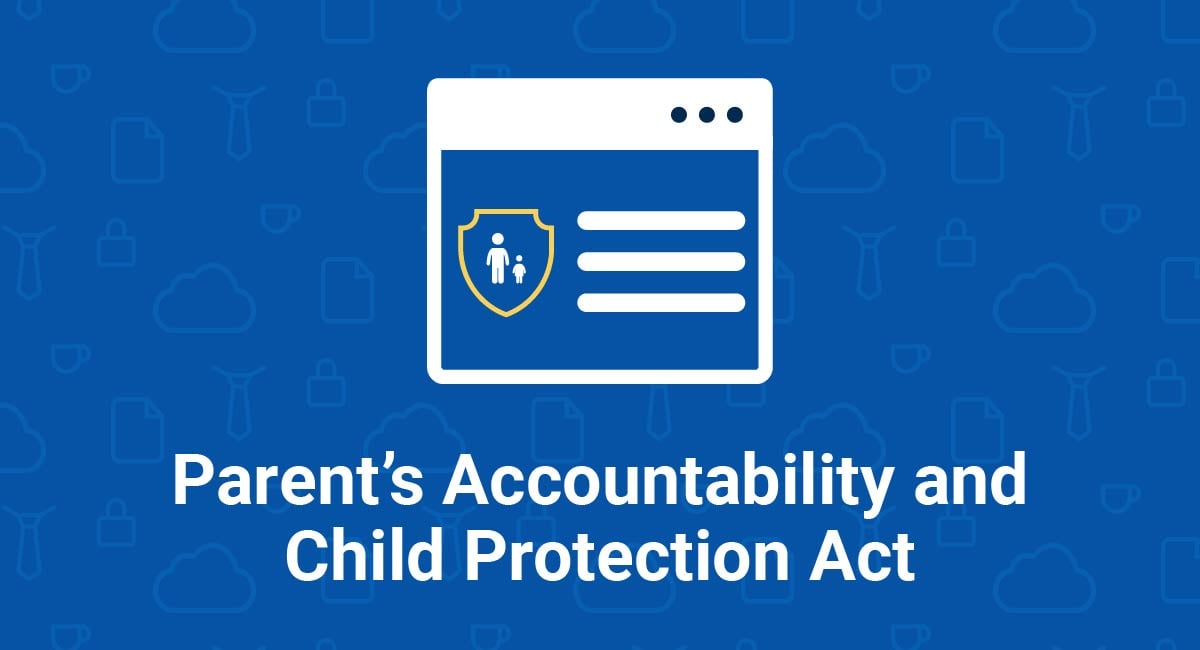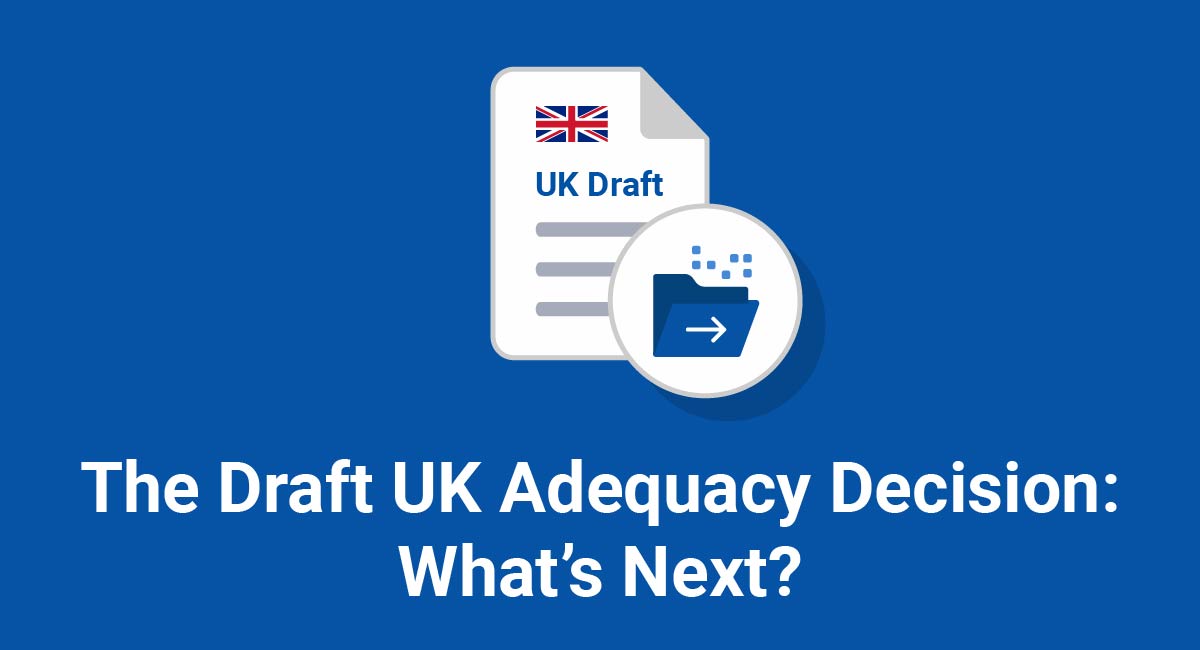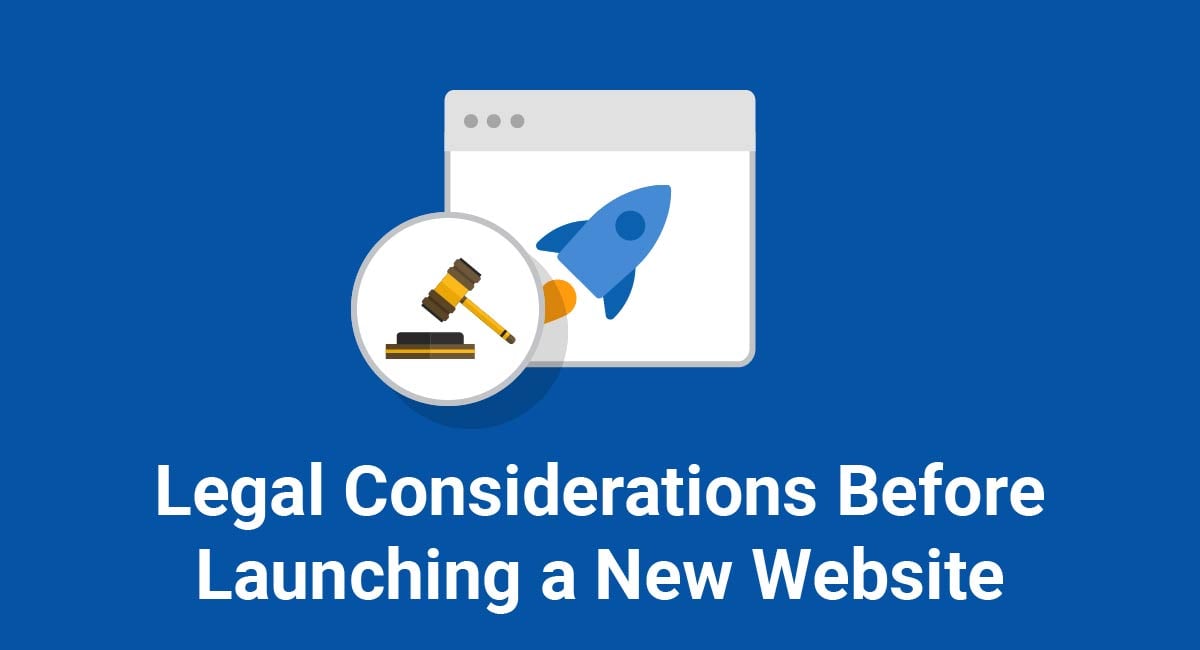Blog: Legal Requirements
Page 9
Navigate
-
EULA Agreements
-
Cookies Policy Agreements
-
Disclaimer Agreements
-
Privacy Policy Agreements
-
US Privacy Laws
-
Return Policy Agreements
-
Legal Requirements
-
EU Privacy Laws
-
Terms & Conditions Agreements
-
How to
-
Asia Privacy Laws
-
CA Privacy Laws
-
Consent
-
Templates
-
Consumer Privacy
-
AU Privacy Laws
-
LatAm Privacy Laws
-
Clauses
Parent's Accountability and Child Protection Act
On September 28, 2018, Governor Jerry Brown of California approved Assembly Bill 2511, officially known as the Parent's Accountability and Child Protection Act. The bill became enforceable on January 1, 2020. Let's take a deeper look at the rules and requirements of the Act, as well as what you'll need to do...
Web Scraping Laws
Web scraping is all about acquiring information from somebody else's website. Many companies use third-party services that use various web scraping tools to build databases. These third parties then sell the data they've gathered to those who need various data sets. Legal issues have developed around web scraping because some businesses...
Center for Internet Security (CIS) Controls
Information security is more important than ever. Practically every business should pursue an information security framework in order to meet its legal obligations, protect its business assets, and secure its customers' personal information. The Center for Internet Security (CIS) Controls are an excellent starting point for any organization wish to improve...
Vermont Security Breach Notice Act
Over the last few years, data breaches increased worldwide. Even though many governments have placed a greater emphasis on securing data, hackers are almost always ahead of the curve, with security professionals playing catch-up. Business owners and leaders of organizations worldwide have found cybercriminals applying techniques such as supply chain attacks,...
The Draft UK Adequacy Decision: What's Next?
Many organizations were relieved to learn that the European Commission has adopted a draft adequacy decision for the UK. If approved, the adequacy decision would enable organizations to continue transferring personal data from the EEA to the UK without impediment. But the decision isn't final. There are many issues with the...
Legal Considerations Before Launching a New Website
Are you launching a new website? Whether it's a simple blog, an ecommerce store, or a community message board, you must consider your legal position. From privacy to consumer protection to copyright, there are many ways in which the law can affect website operators. This legal landscape might not be as daunting...





